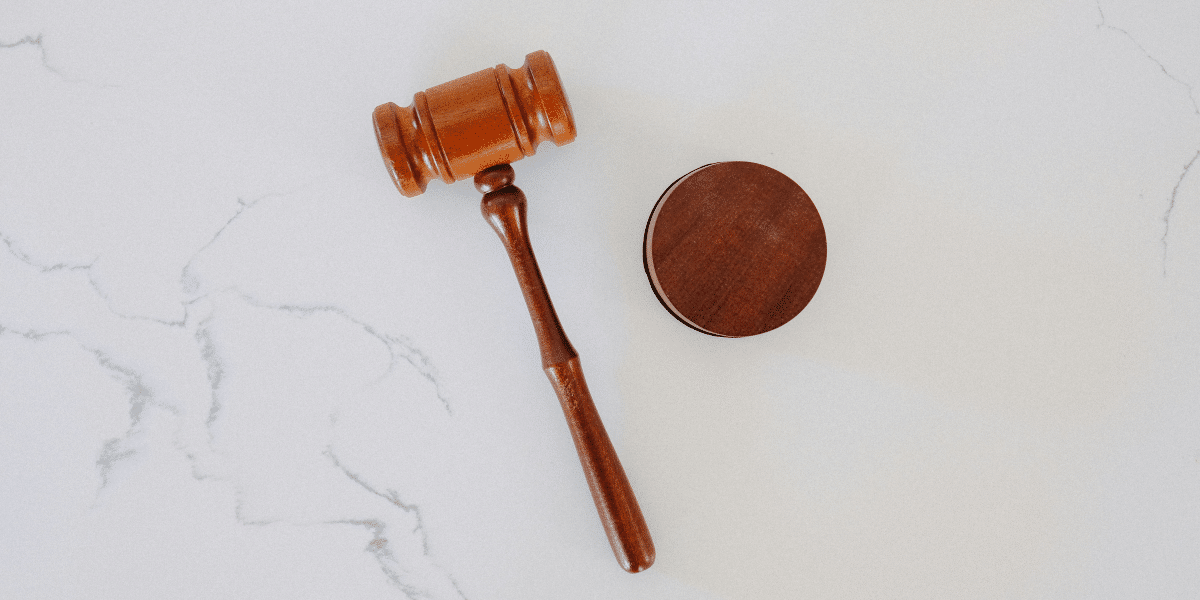Civil litigation is a key component of the legal system, embodying the pursuit of justice for individuals and entities alike. It encompasses a broad spectrum of legal disputes, ranging from contract breaches to personal injury claims, all resolved through the judicial process.
The role of paralegals within civil litigation is indispensable. They are the unsung heroes of civil litigation, working tirelessly behind the scenes to support attorneys, manage case files, conduct legal research, and draft essential documents.
Their meticulous attention to detail and comprehensive understanding of legal procedures make them invaluable assets to legal teams. Understanding the complex functions of paralegals is paramount for all stakeholders involved in civil litigation.
From clients seeking legal representation to attorneys orchestrating legal strategies, comprehending the pivotal role paralegals play enhances efficiency, effectiveness, and, ultimately, the pursuit of justice in the legal realm.
Understanding Paralegals in Civil Litigation
In civil litigation, paralegals serve as vital members of legal teams, providing essential support to attorneys and clients alike. A paralegal, often referred to as a legal assistant, is an individual possessing specialized legal knowledge and skills, typically obtained through formal education and/or professional experience. Qualifications for paralegals may vary but commonly include completion of a paralegal studies program or relevant certification.
Paralegals undertake a diverse array of tasks essential to the legal process in civil litigation. Their responsibilities encompass conducting legal research, drafting legal documents such as pleadings and motions, managing case files, and liaising with clients and other parties involved in the litigation. Their comprehensive scope of work enables paralegals to support attorneys in various capacities, facilitating the efficient management and resolution of legal disputes.
The significance of paralegals in civil litigation is immense. Their contributions enhance the effectiveness of legal teams, streamline processes, and ultimately contribute to the attainment of favorable outcomes for clients. As integral members of the legal profession, paralegals play a crucial role in upholding the principles of justice and fairness within the civil litigation landscape.

Responsibilities of Paralegals in Civil Litigation
Paralegals shoulder a spectrum of responsibilities crucial to the seamless progression of civil litigation cases. From initial case assessment to final resolution, their contributions span various facets of the legal process.
“In case preparation, paralegals play a pivotal role in gathering and organizing pertinent information, liaising with clients to obtain relevant documentation, and assisting attorneys in formulating case strategies,” says experienced paralegal, Shane Shuma. “Key to their duties is legal research, where paralegals delve into statutes, case law, and other legal resources to provide comprehensive insights for case development.”
Paralegals adeptly draft and prepare legal documents, including pleadings, motions, and discovery requests, ensuring accuracy and adherence to procedural requirements. In key client interaction, paralegals serve as liaisons, maintaining open lines of communication, and facilitating the exchange of information between attorneys, clients, witnesses, and other legal professionals.
Their adept coordination ensures smooth collaboration and efficient progress throughout the litigation process. The many responsibilities of paralegals in civil litigation underscore their indispensable role in supporting legal teams and fostering the attainment of successful outcomes for clients.
Legal Research and Analysis
In civil litigation, legal research stands as a cornerstone of case development and strategy formulation. Paralegals play a pivotal role in this aspect, employing their expertise to delve into statutes, regulations, case law, and other legal resources relevant to the case at hand. Their meticulous approach to research involves identifying precedents, statutes, and regulations that may impact the legal arguments and strategies pursued by the legal team.
Paralegals utilize various tools and databases to access a breadth of legal information, enabling them to analyze and synthesize complex legal concepts and principles. Through thorough examination and evaluation of legal sources, paralegals contribute valuable insights that inform case strategy and decision-making processes.
The importance of accurate and comprehensive legal research cannot be overstated in civil litigation. It forms the foundation upon which strong legal arguments are built, guiding attorneys in crafting persuasive pleadings, motions, and other legal documents. By ensuring the accuracy and relevance of research findings, paralegals play a crucial role in bolstering the strength of the case presented before the court.
Ethical Considerations and Professional Standards
In the realm of civil litigation, paralegals are bound by stringent ethical guidelines and professional standards to uphold the integrity of the legal profession. Central to these guidelines is the principle of confidentiality, requiring paralegals to safeguard sensitive client information and maintain utmost discretion in all communications.
Paralegals must navigate potential conflicts of interest diligently, ensuring that their actions do not compromise the interests of clients or the integrity of the legal process. Maintaining professionalism is paramount for paralegals in civil litigation, encompassing respectful interactions with clients, colleagues, and other stakeholders, as well as adherence to established legal protocols and procedures.
By upholding these standards, paralegals contribute to the maintenance of trust and confidence in the legal system. Recognizing the dynamic nature of the legal profession, ongoing education and professional development is essential for paralegals to stay abreast of emerging legal trends, technologies, and best practices.
Continuous learning not only enhances their expertise but also enables them to adapt to evolving legal landscapes and provide superior support to legal teams and clients alike. Looking ahead, the role of paralegals in civil litigation is poised to evolve in tandem with advancements in technology, changes in legal landscapes, and shifting client needs. Embracing ongoing education and professional development will be paramount for paralegals to navigate these changes adeptly and continue delivering exemplary support to legal teams and clients.
Disclaimer: “The content in this article is provided for general knowledge. It does not constitute legal advice, and readers should seek advice from qualified legal professionals regarding particular cases or situations.”
Published by: Holy Minoza





